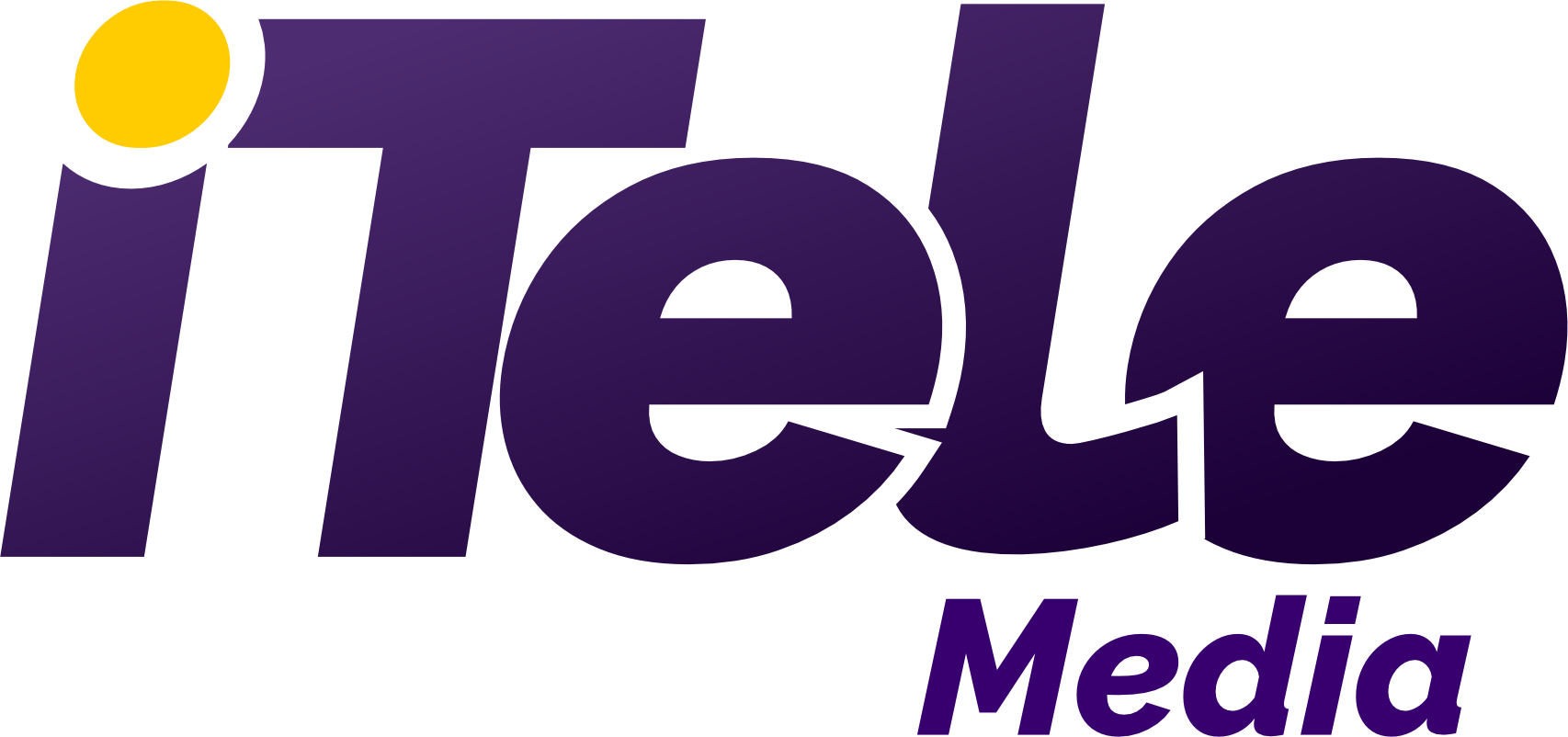INTRODUCTION
In a bold move to safeguard Nigeria’s financial integrity, the Central Bank of Nigeria (CBN) has turned its regulatory lens toward the fast-expanding world of agent banking, issuing a stringent sanctions compliance directive that places off-grid financial networks under unprecedented scrutiny. The directive, outlined in a recent sanctions letter to financial institutions, targets gaps in anti-money laundering (AML) and counter-terrorism financing (CTF) frameworks—risks amplified by Nigeria’s rapid adoption of agent banking, which now boasts over 1.4 million agents facilitating transactions in remote and underserved regions.
This crackdown marks a paradigm shift for a sector once hailed as a cornerstone of financial inclusion. While agent banking has bridged the gap for millions of unbanked Nigerians, its decentralized, off-grid nature has inadvertently created vulnerabilities exploited by illicit actors. The CBN’s latest mandate demands real-time sanctions screening, stricter reporting protocols, and hefty penalties for non-compliance, signaling a critical balancing act: fostering innovation while fortifying the financial system against abuse.
As fintechs, banks, and rural agents grapple with the implications of this directive, questions loom about its impact on financial inclusion, operational costs, and Nigeria’s alignment with global AML standards. This article unpacks the CBN’s sanctions compliance framework, explores why off-grid networks are in the crosshairs, and analyzes what this means for the future of Nigeria’s financial ecosystem. Dive deeper to understand the stakes—and the path forward—for stakeholders navigating this new regulatory frontier.
1. Still Using Paper Forms? Your KYC Process Is a Fraudster’s Dream
“But we’ve always done manual checks!” — Famous last words of a fintech CEO who lost their license.
Let’s be raw: If your KYC process is slower than a Lagos traffic jam and leaks like a sieve, you’re not just non-compliant. You’re a lcrime syndicate’s favorite ATM. Imagine this: A fraudster strolls into your system with a stolen BVN, opens 10 accounts, and moves ₦100M of dirty cash—while your team’s still squinting at a blurry ID photo from 2019. The CBN isn’t asking you to fix this. They’re daring you to fail.
Here’s the brutal math:
- Manual checks = Human error × 1,000. Misspelled names? Fake addresses? Your “thorough” team missed both.
- CBN’s patience = Zero. The sanctions compliance directive means they’ll shut you down before you finish saying, “But we tried!”
You’re not lazy. You’re reckless:
- Using Excel sheets to track BVNs? Brave.
- Letting customers upload screenshots of IDs? Genius.
- The CBN’s verdict? “Your negligence is a national security threat.”
BFix it like your life depends on it (because it does):
- Burn the paperwork. Deploy AI verification that cross-references BVNs, facial biometrics, and geolocation in 10 seconds flat.
- Treat red flags like fire alarms. If a “customer” can’t recite their own birthdate, freeze the account—don’t offer them tea.
- Test your team. Send a fake fraudster through onboarding. If they slip through, gut your process and start over.
The CBN’s bottom line (no translator needed):
“Your excuses won’t pay the ₦10M fine. Your action will.”
Your move:
Today—not tomorrow:
1. Demo one AI KYC tool (even a free trial).
2. Nuke manual approvals for high-risk accounts.
3. Brief your team: “Assume every new customer is a criminal. Prove they’re not.”
Pro tip: The CBN rewards progress, not perfection. Show them a screenshot of your new AI tool, and you’ll buy goodwill. Show them paper forms, and you’ll buy trouble.
2. Your Alerts Are Asleep at the Wheel (And Fraud’s Driving)
“We didn’t notice the ₦500M loophole.” Last words of a fintech CFO before jail.
Let’s cut the crap: If your transaction alerts are as useless as a broken smoke detector, you’re not just failing compliance—you’re funding crime. Imagine this: A user drains 200 accounts in 2 hours, sends the cash to offshore wallets, and your system… silence. The CBN isn’t knocking. They’re kicking down your door with forensic auditors.
Here’s the cold truth:
The CBN sanctions compliance directive doesn’t care if your monitoring tool was “cutting-edge” in 2015. Real-time detection isn’t optional. It’s the only thing standing between you and a ₦50M fine.
You’re the fraudster’s favorite puppet:
- Flagging 1,000 “suspicious” transactions a day? Meaningless. Your team ignores 99% as “false alarms.”
- Letting ₦20M transfers slide because “the client’s VIP”? Brilliant.
- The CBN’s verdict? *“You’re laundering money with extra steps.”
Fix this or fold (your choice):
- Ditch the “spreadsheet savior.” Deploy AI that learns fraud patterns like a bloodhound—not a goldfish.
- Set tripwires that hurt. Block any account moving ₦5M+ in 10 minutes. Freeze logins from 3+ cities in a day.
- Speed kills (delays). If your team takes 72 hours to file a report, you’re already complicit. The NFIU wants answers in 24 hours. Not “ASAP.”
The CBN’s bottom line (translated)
“Your tool’s weakness is your guilt. Fix it or wear it.”
Your move
Today—yes, today
1. Run a mock fraud test. Let a staffer mimic a money launderer. Did your system catch them in under an hour? If not, burn it.
2. Slash “allowed” thresholds by 50%. Small pain now beats bankruptcy later.
3. Name one person who lives for alerts. If they blink, fire them.
Pro tip: The CBN smells fear. Show them screenshots of tightened thresholds and a “24-hour reporting” policy, and they might spare you. Show them chaos?
3.Your Filing System Is a Time Bomb (And the CBN’s Holding the Match)
“We lost the records? No big deal.” — Last lie of a fintech team before liquidation.
Let’s get ugly: If your “record-keeping” is a dumpster fire of lost PDFs, expired spreadsheets, and Post-it notes, you’re not just disorganized—you’re begging the CBN to nuke your license. Picture this: Auditors demand 2022 transaction logs, and your team spends hours scrounging through Slack channels and USB drives. The CBN doesn’t do “oopsies.” They do fines.
Here’s the nightmare math
- Chaotic records = Liability × 1,000. Lose one audit trail, and suddenly you’re the poster child for financial terrorism.
- CBN’s mercy = None. The sanctions compliance directive means they’ll treat your mess like a crime scene—because it is.
You’re not forgetful. You’re dangerous:
- Storing customer IDs in unsecured Google Docs? Bold.
- Deleting logs after 6 months to “save space”? Genius.
- The CBN’s verdict? “You’re a national security risk.”
Fix this or get erased (no middle ground):
- Torch the chaos. Use encrypted cloud tools (e.g., Vault) that auto-save every click, swipe, and login—forever.
- Lock data like Fort Knox. No more “shared folders” with 100+ employees. Permissions = survival.
- Audit yourself monthly. Can you pull any user’s full history in 60 seconds? If not, burn the system and reboot.
The CBN’s bottom line (translated):
“If we can’t track it, we’ll trash your license.”
Your move:
Before sunset:
1. Dump all 2024 records into one secure tool (free tiers exist).
2. Shred access for lazy employees. If they can’t handle encryption, they can’t handle compliance.
3. Run a 5-minute mock audit. If your team sweats, you’re already late.
Pro tip: The CBN fears gaps, not hustle. Show them a screenshot of your encrypted vault, and they’ll back off. Show them a USB drive? You’re toast.
Next pitfall? Or tighten this? Let’s march.
4. Your Firewall Is Fiction (And Hackers Are Writing the Sequel)
“Our systems are unhackable!” — Last delusion of a CTO before ransomware.
Let’s strip the fantasy: If your cybersecurity strategy is built on expired antivirus software and “trust in God,” you’re not protecting data—you’re *hosting a hacker’s buffet. Imagine this: A teen in a basement bypasses your flimsy firewall, leaks 10,000 BVNs, and tags the CBN in a viral tweet. Your apology? The CBN responds with a ₦20M fine and a lifetime ban.
Here’s the nightmare math:
- Weak security = Profit for criminals × 1,000. Your reused passwords and unpatched APIs? They’re not flaws. They’re invitations.
- CBN’s tolerance = Absolute zero.The sanctions compliance directive lies your cyber-negligence to treason. Yes, treason.
You’re not outdated. You’re a traitor:
- Ignoring software updates because “they’re annoying”? *Brave.
- Letting employees use “password” as their password? Legendary.
- The CBN’s verdict? “You’re a weapon pointed at Nigeria’s economy.”
Fix this or get erased (no prayers
allowed):
- Torch excuses. Adopt ISO 27001 or NITDA standards today. Free frameworks exist—use them or lose everything.
- Hire hackers (the ethical kind). Pay them to break your systems. If they succeed, pay them double to fix it. Repeat until it hurts.
- Drill your team like soldiers. Phishing simulations. Ransomware role-plays. Fail the test? Lock their access until they earn it.
The CBN’s bottom line (no filter):
“Your laziness fuels cybercrime. We’ll fuel your extinction.”
Your move:
Before midnight:
1. Run a free scan (e.g., OpenVAS). Found 100 flaws? Fix 10. Now.
2. Force one exec to change “admin123” to a password that doesn’t insult humanity.
3. Write a breach script.If your first step isn’t “call the CBN,” rewrite it.
Pro tip: The CBN doesn’t expect Fort Knox. They demand effort. Show them patched systems and a trained team, and you’ll live to fight another day.
5.Your Delays Are Sabotage (And the CBN’s Counting Every Second)
“We’ll file the report tomorrow.” — Last lie of a compliance officer before the CBN buried their career.
Let’s not sugarcoat it: If your regulatory reports collect dust while deadlines whoosh by, you’re not “busy”—you’re volunteering for a public execution. Picture this: The NFIU spots ₦500M in shady transactions you ignored, slaps your name on a sanctions list, and your investors bolt overnight. The CBN doesn’t do “second chances.” They do *funerals.
Here’s the cold truth:
The CBN sanctions compliance directive treats delays like treason. Every late report screams, “We don’t care about Nigeria’s safety.”And the CBN? They’ll care enough to dismantle your business.
You’re not overwhelmed. You’re complicit:
- Skipping STRs because “it’s just one section
- Letting annual certifications rot in someone’s inbox? *Bold.
- The CBN’s verdict? “Your apathy is a crime.”
Fix this or get deleted (no backsies):
- Automate or die.Tools like RegBot don’t “forget” deadlines. Set alerts that haunt your phone and your CEO’s dreams.
- Ownership kills excuses. Name one person whose job hinges on timely reports. If they fail, boot them. Harsh? So’s bankruptcy.
-Pre-cook your templates.** STRs should take minutes, not days. Have drag-and-drop docs for ransomware payouts, sudden offshore spikes, and VIPs acting *too* VIP.
The CBN’s bottom line (translated):
*“Your delays fund terrorism. We’ll fund your ruin.”*
Your move
In the next 2 hours:
1. Set one ruthless reminder for NFIU reports. Tag your CEO. Make it hurt.
2. Run a mock drill. Can you file a STR in 20 minutes? If not, gut your process.
3. Publicly shame the last late report.Paste it in Slack. Let the team squirm.
Pro tip: The CBN craves progress, not poetry. Show them timestamps of submitted reports, and they’ll nod. Show them drafts? They’ll burn your license.
CONCLUSION
This isn’t a compliance drill. It’s your last stand.
Let’s drop the act: The CBN sanctions compliance directive isn’t about checkboxes or bureaucracy. It’s a reckoning. Every pitfall you’ve ignored—the weak KYC, the sleepy alerts, the joke of a firewall—is a grenade with the pin pulled. The deadline isn’t a date on a calendar. It’s the moment the CBN walks in and asks, “Are you part of the solution or the rot?”
You didn’t build a fintech to become a cautionary tale. You built it to disrupt, innovate, and lead. So lead here. Now.
Final orders:
1. Audit your chaos TODAY. Not tomorrow. Not “after the meeting.” Now.
2. Fix one gap TONIGHT. Burn a manual process. Jailbreak a lazy tool. Prove you’re fighting.
3. how the CBN your scars. Document every change. Flaunt every fix. They respect grinders, not whiners.
The CBN isn’t your enemy. Complacency is. And right now? Complacency’s winning.







